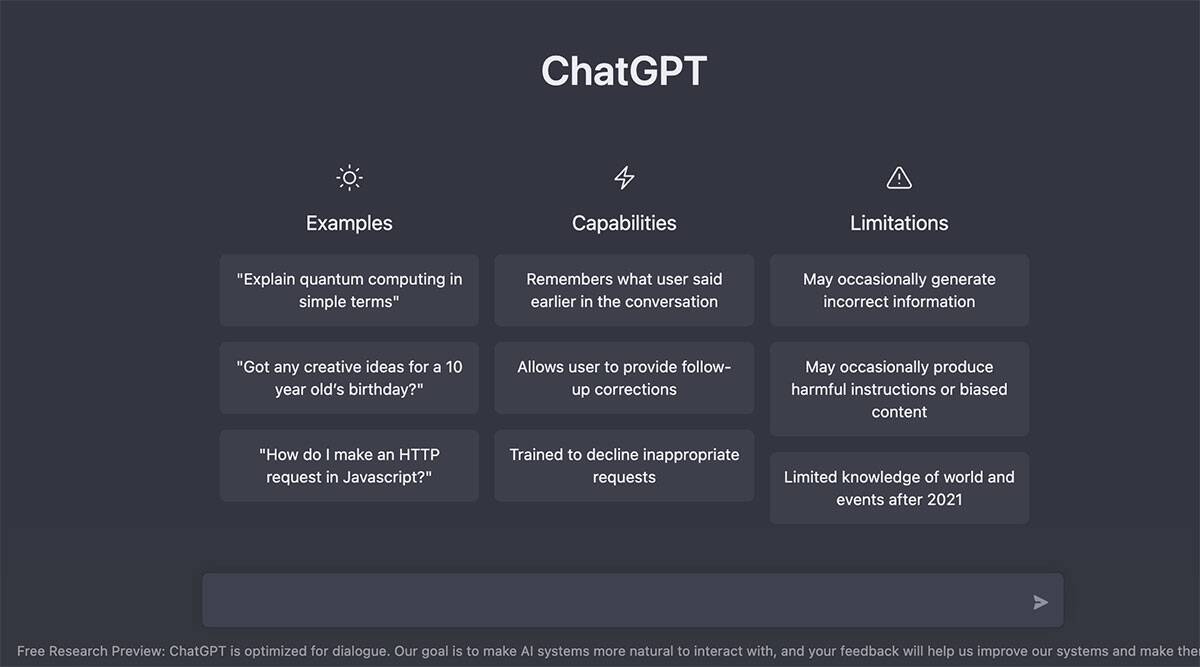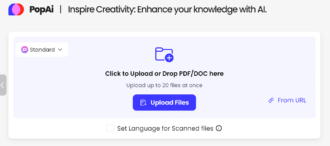Everything You Need to Know About ChatGPT
Artificial Intelligence (AI) has been a hot topic for decades and has come a long way from its inception. With advancements in technology, AI has become more sophisticated and is now used in various industries such as healthcare, finance, retail, and customer service. One such AI tool that has made a mark in the customer service industry is ChatGPT, a conversational AI model developed by OpenAI.
In this article, we will take a closer look at ChatGPT, its capabilities, how it works, and its applications in various industries. Whether you are a business owner, a developer, or just curious about AI, this article will provide you with all the information you need to know about ChatGPT.
What is ChatGPT?
ChatGPT is a large language model developed by OpenAI that uses deep learning algorithms to generate human-like text. It is trained on a massive corpus of data, making it capable of generating coherent and coherent responses to a wide range of questions and topics.
ChatGPT is a pre-trained model, which means it has already been trained on a large amount of data and can be fine-tuned for specific use cases with relatively little additional training data. This makes it an attractive option for businesses and organizations looking to implement AI in their customer service operations.
How Does ChatGPT Work?
ChatGPT uses a transformer-based architecture, which is a type of neural network that is designed to process sequential data such as text. The model takes in a prompt or a prompt and a context and generates a response.
The model uses a technique called auto-regression, where the generated response is fed back into the model as input for the next iteration. This allows the model to generate longer and more complex responses. The response generated by ChatGPT is not just a random selection of words but is generated based on patterns learned from the training data.
Advantages of ChatGPT
One of the biggest advantages of ChatGPT is its ability to generate human-like text. This makes it an ideal solution for customer service operations where a conversational AI model can handle routine tasks such as answering FAQs, providing product information, and resolving customer issues.
Another advantage of ChatGPT is its ability to process and generate responses in real time. This means businesses can offer immediate support to their customers, improving the overall customer experience. ChatGPT can also handle multiple conversations simultaneously, making it a scalable solution for businesses with a high volume of customer interactions.
Applications of ChatGPT
ChatGPT has a wide range of applications in various industries, including customer service, finance, retail, and healthcare. In customer service, ChatGPT can be used to handle routine tasks, freeing up human agents to handle more complex issues.
In finance, ChatGPT can be used for fraud detection, risk management, and customer support. In retail, ChatGPT can be used for product recommendations, order tracking, and customer support. In healthcare, ChatGPT can be used for appointment scheduling, symptom checking, and patient education.
For a complete list of ChatGPT business ideas and applications of ChatGPT in different industries, check the website of RiseAngle; and follow their online magazine for more AI topics!
Integration with Other Tools
ChatGPT can be integrated with other tools such as chatbots, virtual assistants, and customer relationship management (CRM) systems to enhance its capabilities. For example, a chatbot powered by ChatGPT can provide a more human-like experience for customers, while a virtual assistant powered by ChatGPT can provide personalized recommendations and support.
Integrating ChatGPT with a CRM system can also provide valuable insights into customer interactions and improve overall customer experience. For example, ChatGPT can be used to analyze customer feedback and identify common issues, allowing businesses to make data-driven decisions to improve customer satisfaction.
Limitations of ChatGPT
Despite its many advantages, ChatGPT is not without its limitations. One of the biggest limitations is that it is only as good as the data it was trained on. If the training data contains biases or inaccuracies, the model may generate responses that are not appropriate or accurate.
Another limitation is that ChatGPT is not capable of understanding context and emotions, which can be important in customer service interactions. This means that human intervention may still be necessary in certain situations.
Fine-Tuning ChatGPT
ChatGPT can be fine-tuned for specific use cases to improve its performance. Fine-tuning involves training the model on additional data specific to the use case. For example, a customer service organization can fine-tune ChatGPT on their own customer service data to improve its ability to handle customer inquiries.
Fine-tuning can also be used to add domain-specific knowledge to the model, allowing it to generate more accurate and relevant responses. However, fine-tuning requires a large amount of high-quality data and expertise in deep learning algorithms, making it a more complex and resource-intensive process.
Ethical Considerations
The use of AI, including ChatGPT, raises important ethical considerations. One of the biggest concerns is the potential for AI models to perpetuate biases and discrimination. This is because AI models are trained on data that reflects human biases, and if the data is not diverse and inclusive, the model may generate responses that are not appropriate or fair.
Another ethical concern is the potential for AI models to replace human jobs. While AI can automate routine tasks and free up human agents to handle more complex issues, it may also result in job losses for some workers. It is important for organizations to consider these ethical considerations when implementing AI, including ChatGPT.
Final Thoughts
ChatGPT is a powerful AI tool that has the potential to revolutionize the customer service industry. With its ability to generate human-like text and process real-time responses, it can improve customer experience and provide valuable insights into customer interactions.
However, organizations must also consider the limitations and ethical considerations of using ChatGPT, including the potential for biases and job loss. Fine-tuning the model for specific use cases can improve its performance, but it requires a significant investment of resources and expertise.
Overall, ChatGPT is an exciting development in the field of AI, and its capabilities and applications are sure to continue to evolve in the future.


















